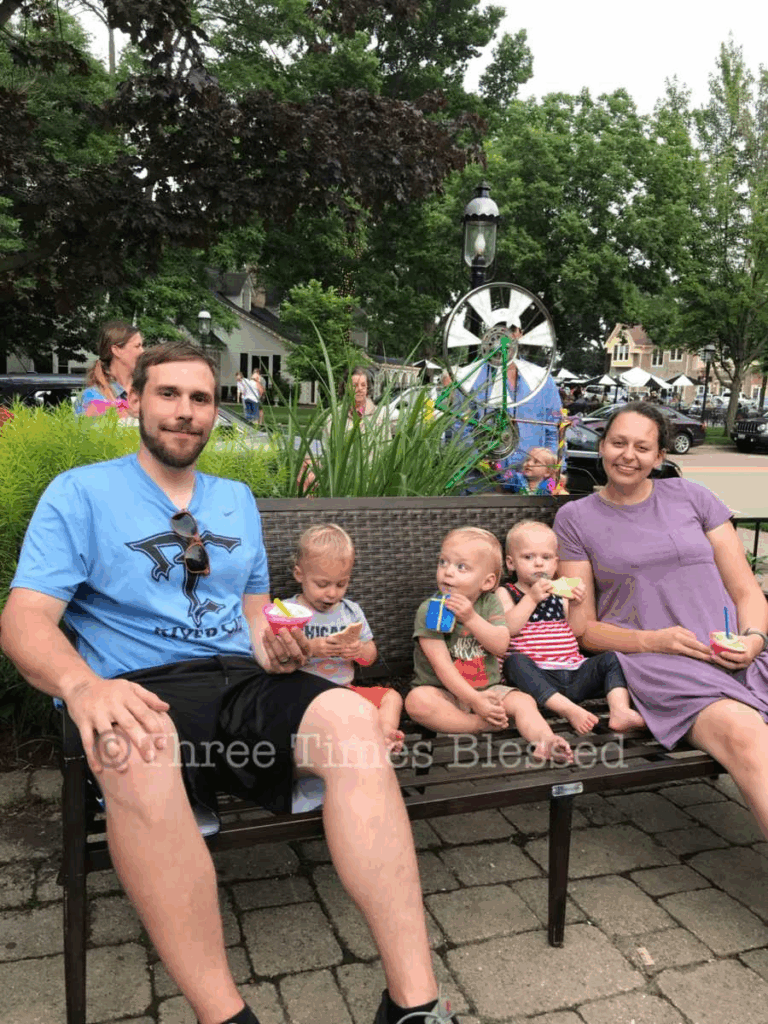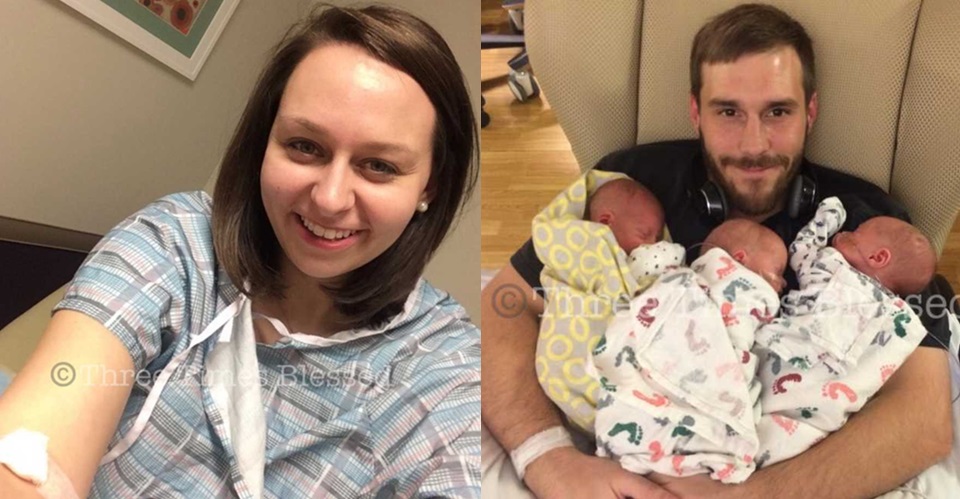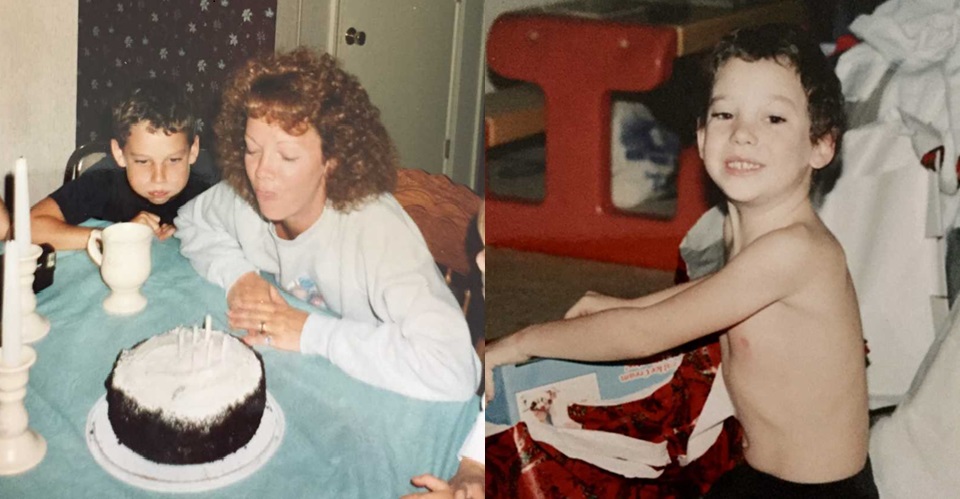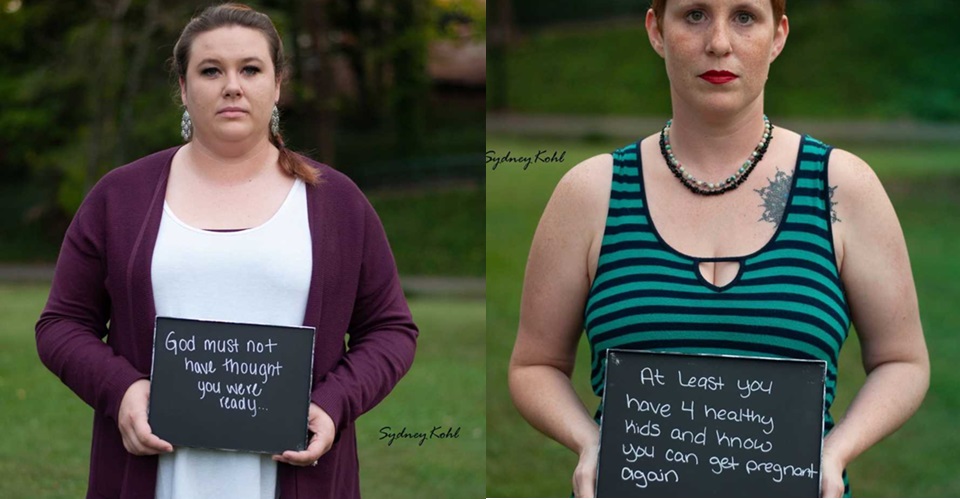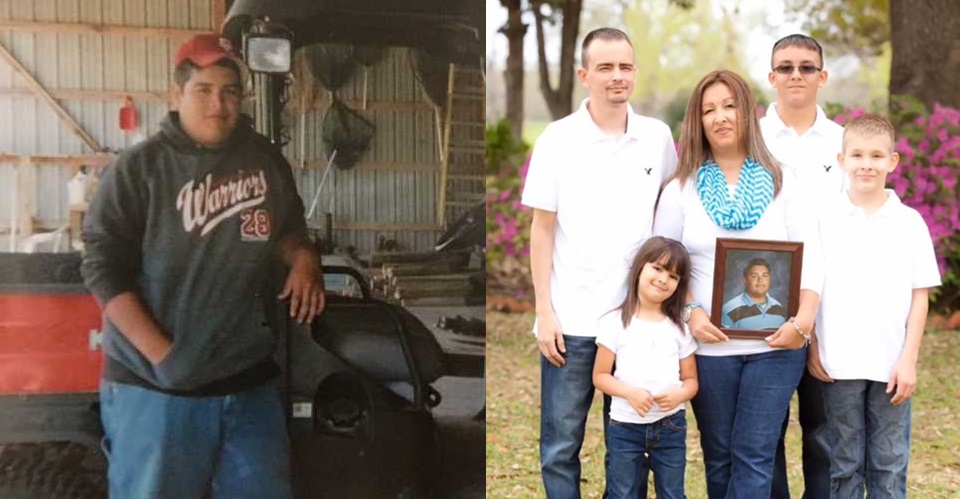When Becka and John married in December 2014, they were ready to dive into parenthood immediately. No waiting, no five-year plan, no “let’s see where life takes us first.” They wanted a baby, plain and simple. But after six months of trying, nothing was happening, and Becka couldn’t help but notice that it seemed like everyone else around her was announcing pregnancies left and right. She became the kind of person who downloaded fertility apps, tracked her temperature daily, and tested for ovulation like it was a second job. Every month came with hope, and every month ended with heartbreak. Trying to conceive was supposed to feel exciting, but instead, it started to feel like a marathon they hadn’t trained for, and the strain was heavy on both of them.
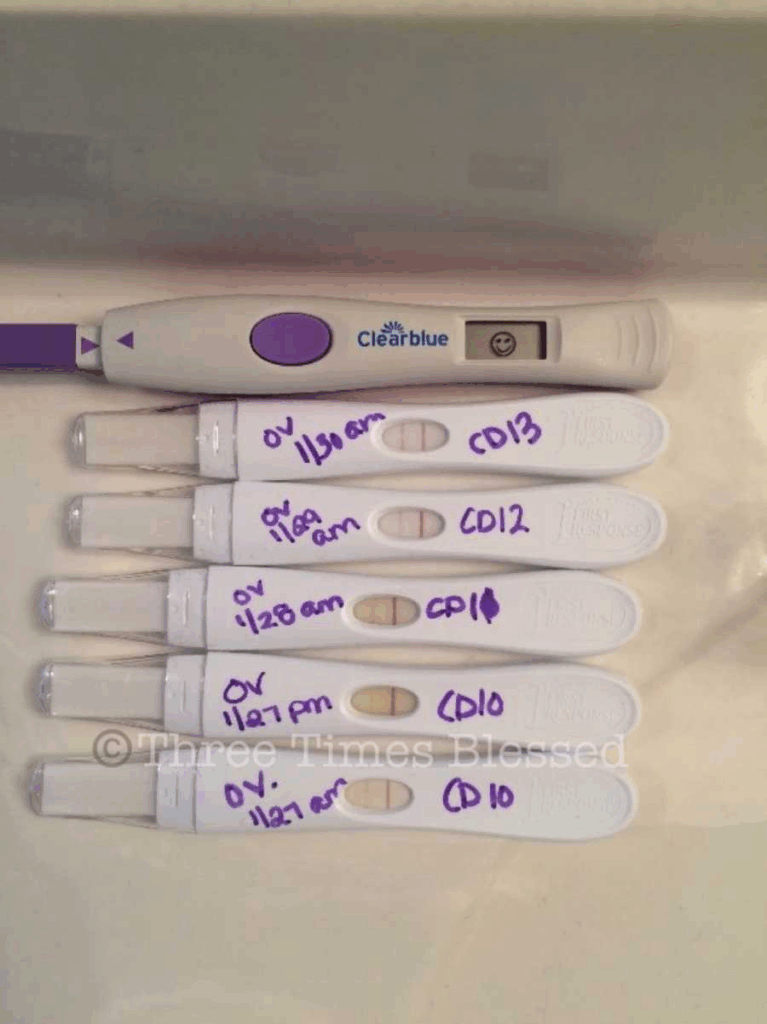
By their first anniversary, Becka was already asking questions in her doctor’s office. One test led to another, and before long, she was enduring a painful HSG procedure that left her breathless with cramping. At one point, the dye they used to check her fallopian tubes pushed through what looked like a blockage, and maybe that was progress, maybe not, but all she knew was that it hurt like nothing else she had experienced. When the results came back as “normal,” it was almost more discouraging than if they had found something. Because when everything looks fine on paper, the big question still hangs in the air—why isn’t this working?
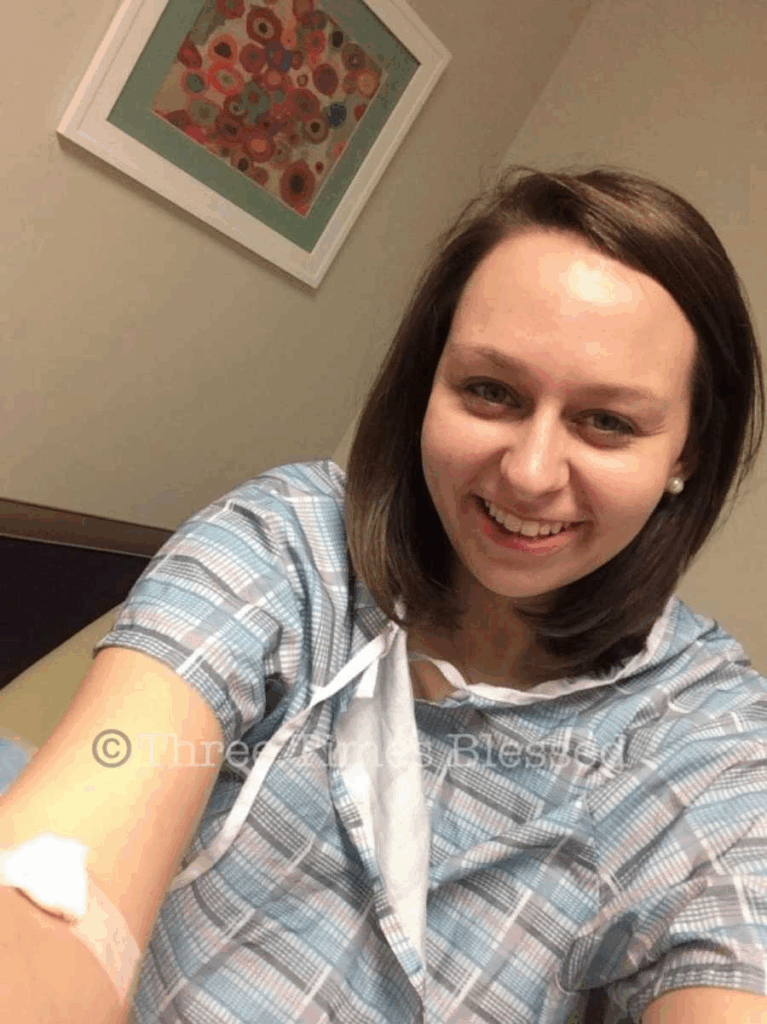
Becka tried Clomid for several months, a medication that sent her hormones into chaos. She ovulated, but still no baby. Next came two IUIs, procedures that felt more clinical than intimate, and both ended in disappointment. After nearly a year and a half of trying, they were given the vague but crushing label of “unexplained infertility.” It was a strange mix of relief and despair—nothing was wrong, yet everything felt wrong. Finally, the doctors suggested IVF. It sounded overwhelming, like jumping straight to the boss level in a video game, but they were out of other options.
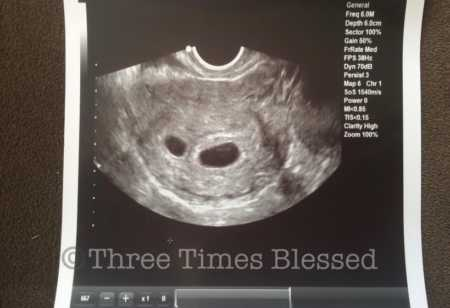
IVF was a world of needles, schedules, and overwhelming choices. The first medication box arrived, and Becka joked that it was the size of her dining room table. She learned to time shots around daily life, endured side effects that left her sore and exhausted, and faced questions no one prepares you for—like what to do with extra embryos in the event of death or divorce. It was heavy, clinical, and nothing like her dreamy vision of creating a family. When the retrieval day came, doctors collected only four eggs, which turned into three embryos. On day three, when the chances of success were lower, they transferred two. It wasn’t ideal, but they pressed on.
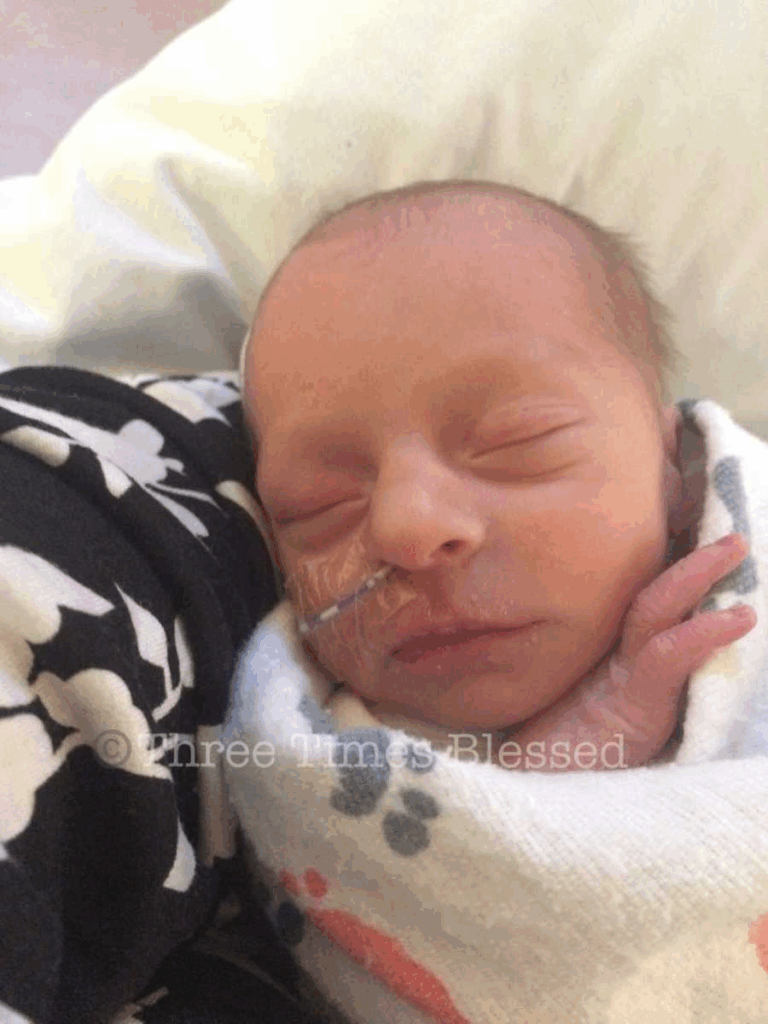
Two weeks later, on Memorial Day, Becka found out she was pregnant. She gave John tiny Chicago sports jerseys she had held for over a year, and she could finally share them for real. Their joy was enormous, and they saw one tiny baby at the first ultrasound. The following week, there were two. And the week after that—three. Triplets. Just like that, infertility had turned into something no one could have predicted. Becka admitted her first reaction wasn’t pure joy, it was fear. How would they handle the risk, the finances, the logistics of raising three babies at once? But as the shock settled, she and John looked at each other and decided they’d figure it out.
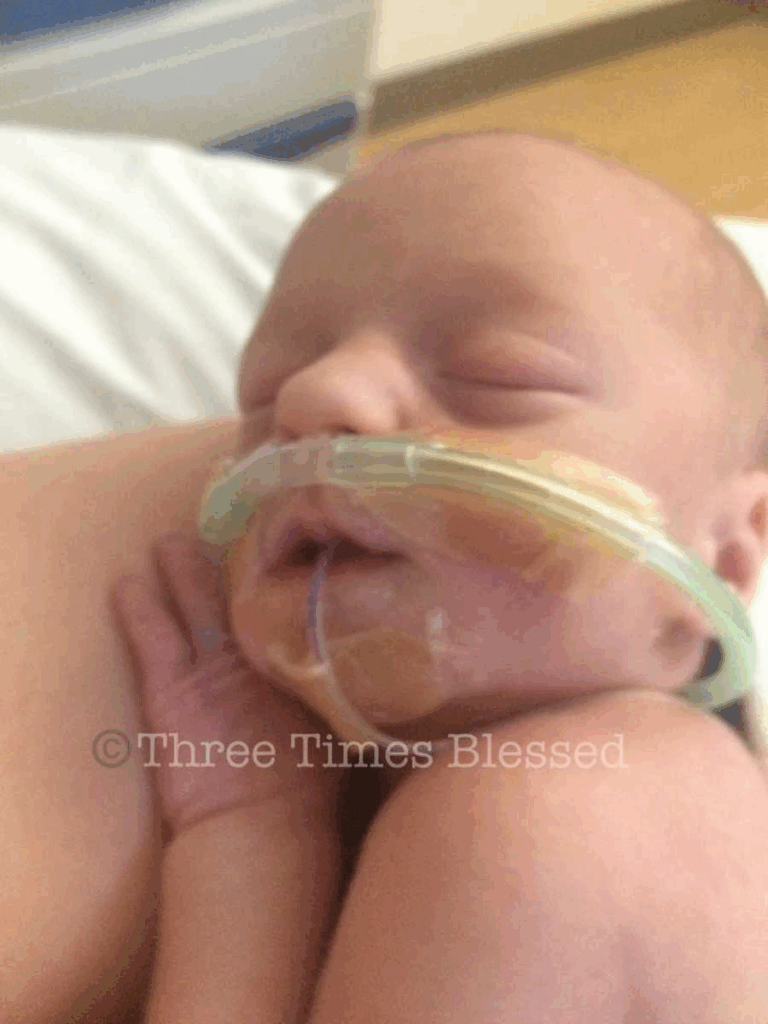
Her pregnancy was closely monitored and surprisingly uneventful. At 35 weeks, she delivered three small but strong babies: Thomas, Isla, and Declan. They each spent time in the NICU, and leaving the hospital without them was gut-wrenching. Becka cried each night on the drive home, pumping milk through exhaustion so they’d have something from her. Eleven days later, they were finally all together under one roof, and life became a blur of bottles, diapers, and three-hour feeding schedules.
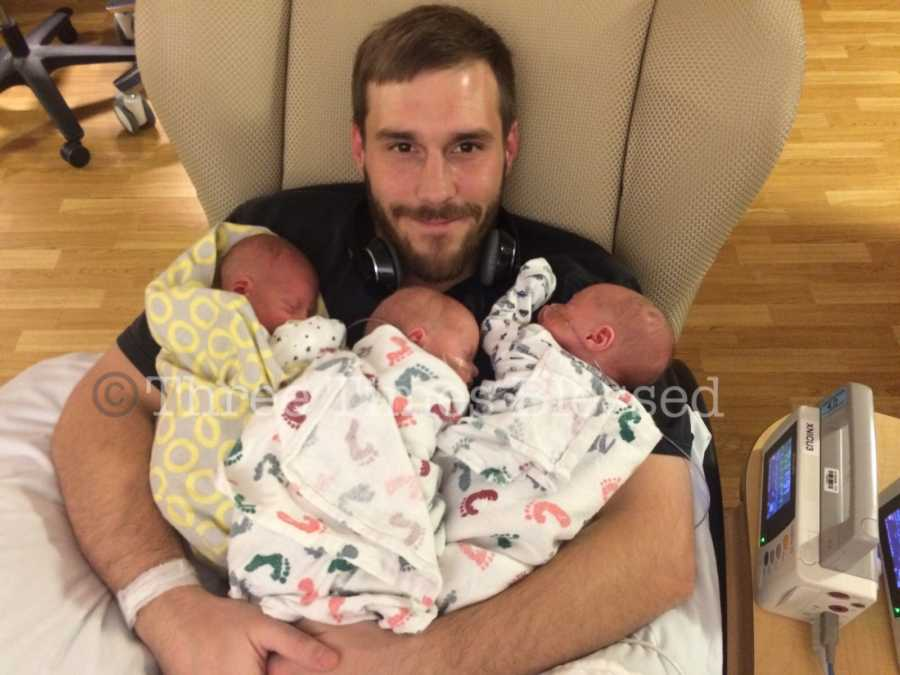
Now, those babies are thriving toddlers. Becka laughs when strangers tell her they would “die” if they had triplets, because while it isn’t easy, it’s far from impossible. She and John learned to tag-team night shifts, lower their expectations, and embrace the chaos. Infertility once defined their days with waiting and worry, but now parenthood fills them with joy. The journey was long, painful, and not at all what they imagined, but in the end, they wouldn’t change a thing.
